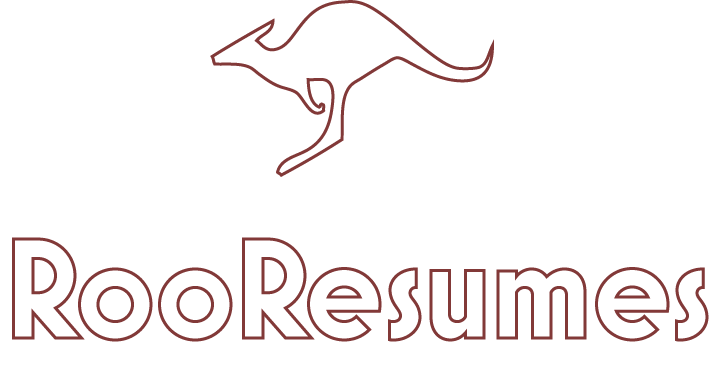Frequently Asked Questions
Below are just some of the questions asked when writing a Professional Resume. If you have any more you would like answering then please do not hesitate to contact our friendly team today.

Can I Change My Job Title on My Resume?
Your job title should be the title you had at the company, otherwise when your references are checked it may not match up. That could be an issue for a prospective employer.

How Do I Explain a Demotion in a Resume?
In some cases, the job title of your new position - if you have been demoted - will clearly indicate a lower level of responsibility. For example, if you were demoted from sales manager to salesperson or from customer service director to customer service associate.
Don't use any negative language like "demoted" on your resume when you list the change. You should simply list the positions separately, and describe the skills and accomplishments associated with each job.

How Do I Follow Up After Submitting a Resume?
If you don't hear back from within two weeks, it may be beneficial to follow-up. Employers and recruiters may prefer follow-up by email. If no email address is listed, try sending a note or calling. If neither email, address or a phone number are listed, or the posting says not to contact the employer, following the instructions and don't follow up.
What to ask:
- What are the next steps in the recruiting process? Will all candidates be contacted?
- Do you need any additional information about my candidacy? (Or briefly share new info that adds to your candidacy.)
- If you plan to visit the company’s location, mention the time frame and your eagerness to meet – ask if it’s possible to arrange an interview during your visit.

How Long Should Your Resume Be?
How long is too long?
The length of your resume should be based on your experience and the type of job you're seeking. Some general guidelines are:
Graduate level applicants
Less is more for entry level job seekers or those transitioning between career fields should stick to a one page resume.
Mid-level candidates
With around five to ten years of experience or anyone whose field requires technical or engineering skills, a two-page resume is common. It allows enough space to include all of the pertinent information in a readable manner. The key is to fill all, or at least three-quarters, of the second page with relevant and helpful information so that recruiter's attention is not drawn to the blank space on the second page.
Executives or senior-level managers
With a long list of accomplishments in their field - or those in an academic or scientific field whose experience includes a number of publications, licenses or patents - are the only people who should be circulating a resume that is three pages or longer. When a multiple-page resume is appropriate, an addendum can be used after page two. This allows job seekers the option of including the full document depending on the requirements of the job.
